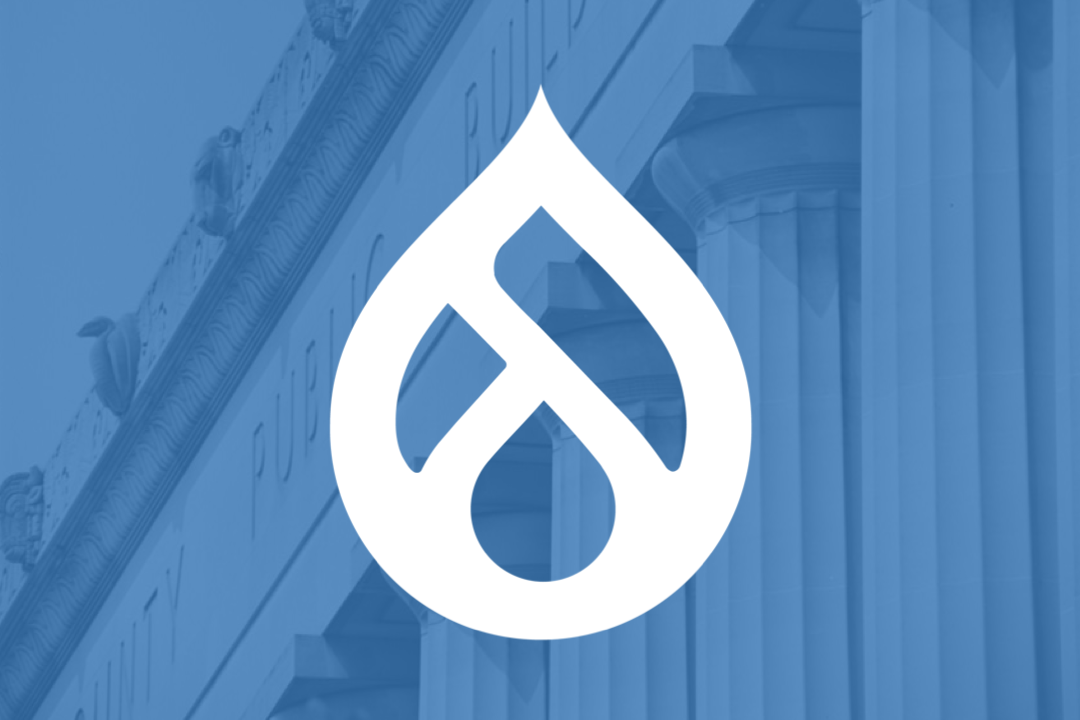Drupal recognized as a Digital Public Good
Drupal has been designated as a Digital Public Good. This not only increases Drupal's visibility and credibility, but it could also help attract more funding and support.

This week, Drupal was approved as a Digital Public Good (DPG) by the Digital Public Goods Alliance.
The economic concept of a public good is decades old. Public goods are "non-excludable" and "non-rivalrous". This means that once the good is provided, it is impossible to exclude anyone from using it (non-excludable). It also means that the consumption of the good by one individual does not diminish its availability for others (non-rivalrous). A classic example of a public good is a city park: once the park is built, it is hard to exclude anyone from using it, and the use of the park by one person does not diminish its availability for others.
Similarly, the Digital Public Goods Alliance defines DPGs as a type of resource that is accessible to all. However, their definition also goes further by explicitly calling out the importance of privacy, responsible design, and alignment with the United Nations Sustainable Development Goals.
Due to their non-excludable and non-rivalrous nature, public goods can provide big and long-lasting benefits to society as a whole, often beyond their direct use. A public park benefits society both directly and indirectly. It directly improves the physical and mental health of people who use the park. However, it also indirectly increases property values in the surrounding area. Public goods are important to recognize and invest in, because they provide direct benefits for everyone and also have significant spill-over effects on the wider community.
As I wrote in "Balancing Makers and Takers to Scale and Sustain Open Source", I've long believed that Open Source software projects are public goods. Not only should Open Source projects be recognized and maintained as public goods, Open Source can also learn a lot from decades of public good management.
In the case of Drupal, we're helping to make the Open Web better, safer, and more inclusive for everyone. This benefits not only our users, but also has a far-reaching impact on society that will last for decades to come.
Drupal's designation as a DPG is not only great recognition for Drupal, but it will hopefully bring several benefits to Drupal as well.
First, it will increase Drupal's visibility and credibility, as the DPG initiative is backed by the United Nations and recognized globally. This recognition could help attract more funding and support for Drupal.
Second, being recognized as a DPG will help increase adoption. Public sector, educational, and other social-impact organizations may be more willing to use a product or service if it is recognized as a DPG, as it is demonstrated to be aligned with the United Nations 2030 Sustainable Global Development Goals.
You can read more about the Digital Public Good designation in the Drupal Association's announcement. I'm really excited about this, and I hope you are too!
A special thank you to Daniel Cothran (JSI) for starting our application process and to Tim Lehnen (Drupal Association) for driving it to completion. We also appreciate the help of Anoop John, Tim Doyle, Von Eaton, Kristin Romaine, Rachel Norfolk, and everyone else who contributed.
—